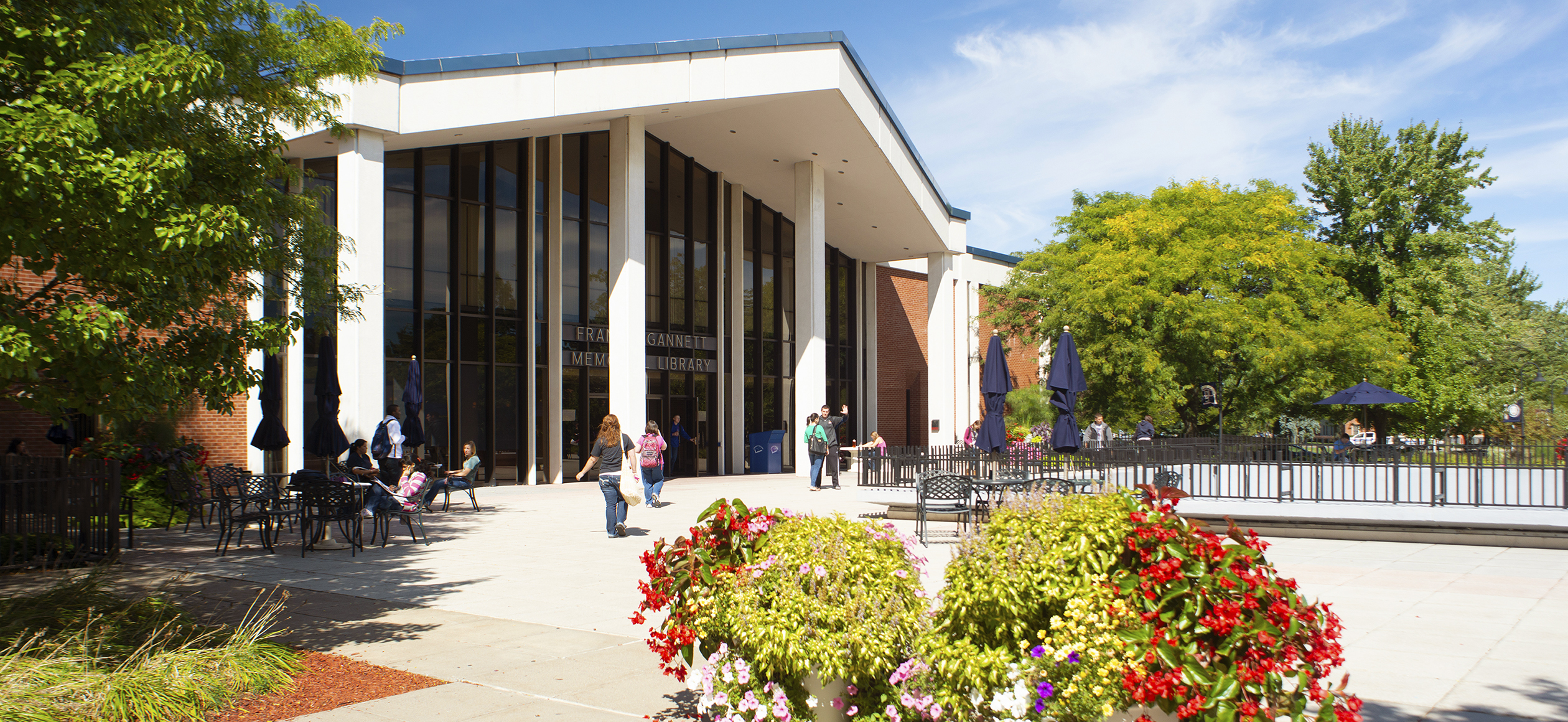Research Tutorial: Evaluating Books & Articles
Appraising Books & Articles
Bibliographic Citations
Definition & Use
- The written description of a book, journal article, essay, or other published material that appears in a database, library catalog or index
- Forms a citation or reference
Citation Components:
- Author
- Title
- Date of Publication
- Edition
- Publisher
Author
- Credentials
- Expertise
Tip:Use the Who's Who publications to get an author's biographical background, affiliation and credentials
- Institutional or organizational affiliation
- Has your instructor mentioned the author?
- Have you seen the author's name cited in other sources or bibliographies?
Date of Publication
- When was the resource published?
- Is the resource current or out of date for your topic?
- Science topics use more current publications
- Humanities topics use a blend of older and newer research
Edition or Revision
Is this a first or later edition?
- Later editions indicate a source is revised and updated to reflect changes in knowledge
- Multiple printings or editions suggest a work is a classic source
Publisher
- Sources published by a University Press are likely to be scholarly
- Is the organization also the publisher? This sometimes suggests content bias or slant.
Journal Title
Is the journal content academic or popluar?
- Academic, scholarly and peer reviewed all refer to the same type of content
- Scholarly and popular content differs in the level of complexity in conveying ideas
- Some research databases allow limiting results to only academic/scholarly or peer reviewed journal articles
Go to Step 3: Finding Articles to learn more about selecting and searching databases
Download our ![]() How Do I ... Distinguish Scholarly Journals Guide
How Do I ... Distinguish Scholarly Journals Guide
Analyzing Book and Article Content
After making an initial appraisal of the bibliographic citation, you should now examine the source's content:
Books
- Read the preface for intent
- Scan the table of content and index for overview
- Note bibliographies
- Read chapters that address your topic
Journals
- Scan table of content for overview
- Note bibliography or references after articles
Intended Audience
- Who is the author addressing?
- Is the content aimed at a general or specialized audience?
- Is the content too elementary, technical or advanced?
Objective Reasoning
Is the information fact, opinion or propaganda?
- Facts can be verified
- Facts are usually supported by evidence and other references
- Objective point of view
- Emotion-arousing language and bias avoided
- Opinions, although based on facts, are an interpretation of facts
- Reasonable assumptions
- Skilled writers can make their interpretation seem like fact
Primary and Secondary Sources
- Primary sources are originating documents
- Secondary sources use primary sources to build and develop research
Primary source documents include:
- Personal writing like correspondence and journal or diary entries
- Opinion pieces or letters to the editor
- Autobiography (personal history written by the subject themselves)
- Articles and conference proceedings that present experiment results
Secondary source documents include:
- Books, journal or newspaper articles, encyclopedia entries that refer to primary source materials
- Biography (personal histories written by a third party about a person)
- Scholars use primary source material in building research
Primary/Secondary Source Example:
If you were researching Konrad Adenauer's role in rebuilding Germany after World War II
- Adenauer's own writing is primary source material
- Secondary sources are materials that use Adenauer's writings to generate historical interpretation
Coverage
How does the content fit other research on the topic?
- Updates, or builds upon, other research
- Substantiates other research
- Obtain a variety of view points on your topic
Writing Style
- Is the publication logically organized?
- Are main points clearly presented?
- Is the text easy to read, stilted or choppy?
- Is the author's argument repetitive?
Using Book and Article Reviews
Critical reviews of a book or journal article provide:
- Context
- Relevancy
- Authority
Locating Critical Reviews
Print Resources:
- Book Review Index
- Book Review Digest
Find more print resources in the Library Catalog
- Keyword search: reviews, book reviews
Online Resources:
- Academic Search Premiere
- Book Index with Reviews
- JSTOR
Find more Online Resources
- Keyword search: reviews, book reviews
Examining Critical Reviews
- Is the review positive or negative?
- Does the reviewer consider the material reviewed important to research?
- Does the reviewer indicate other resources as being more incisive, classic or relevant? If so, locate those other sources.
- Do different reviewers agree on the value or attributes of the reviewed source? Is there controversy among critics?

